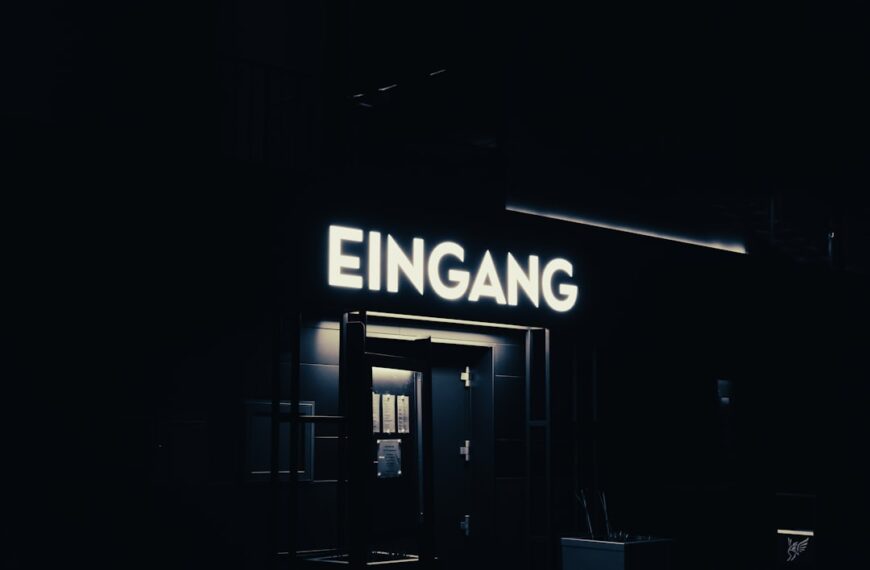Revenge porn, the non-consensual sharing of intimate images or videos, is a devastating violation of privacy and trust. While the emotional damage is immeasurable, navigating the legal landscape to seek justice can feel equally overwhelming. The laws surrounding revenge porn vary significantly from state to state, creating a complex and often frustrating legal minefield for victims. This guide aims to shed light on these variations, offering a state-by-state overview of the legal protections available. It’s crucial to remember this information is for general guidance only and should not be considered legal advice. Always consult with a qualified attorney in your specific jurisdiction for personalized legal counsel.
Understanding the Core Issue:
Before diving into the state-specific details, it’s vital to understand the common elements most revenge porn laws address. Generally, these laws criminalize the non-consensual distribution of intimate images or videos, focusing on the lack of consent and the resulting harm to the victim. Many statutes require the images to be of a sexual nature or to depict the victim in a compromising position. The definition of “intimate image” also varies, but typically includes photos or videos taken under circumstances implying privacy.
Navigating the Legal Landscape: A State-by-State Snapshot (Illustrative, not exhaustive):
While a comprehensive state-by-state breakdown would be extensive, we can illustrate the range of approaches. Some states have robust laws with significant penalties, including hefty fines and imprisonment. Others may have weaker laws focusing on civil remedies like injunctions or damages. For instance, California has a strong law, while some states still lack specific legislation targeting revenge porn, leaving victims to rely on more general laws like harassment or defamation.
Key Variations to Consider:
* Criminal vs. Civil Penalties: Some states primarily focus on criminal prosecution, while others offer stronger civil avenues for redress.
* Definition of “Intimate Image”: The specific definition can impact the applicability of the law. Some definitions are broad, while others are narrower.
* Consent Requirements: The level of proof required to establish a lack of consent varies.
* Statute of Limitations: The time frame within which a victim can file a legal claim differs across states.
* Jurisdictional Issues: If the act occurred in one state but the victim resides in another, jurisdictional issues can complicate the process.
Seeking Help and Support:
Navigating this complex legal landscape can be challenging. Victims of revenge porn should seek immediate support from:
* Legal Professionals: Consult with an attorney specializing in civil rights or criminal law to discuss your options.
* Domestic Violence Shelters and Advocacy Groups: These organizations offer valuable emotional and legal support.
* Online Resources: Numerous online resources offer information and guidance on revenge porn laws and victim support.
Remember, you are not alone. Seeking help is a crucial first step in protecting your rights and recovering from this traumatic experience. While the legal landscape may be challenging, understanding the specifics of your state’s laws is essential in pursuing justice. The resources available can provide the support you need to navigate this difficult time. This is not an exhaustive list; further research specific to your location is advised.









